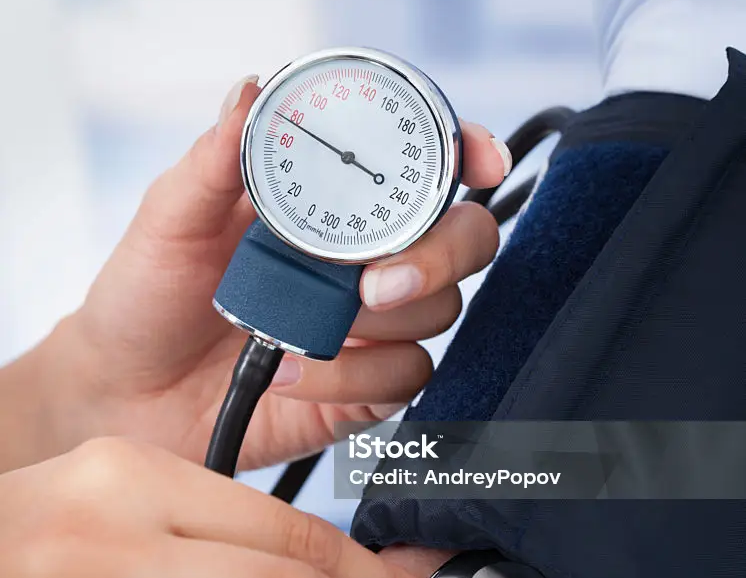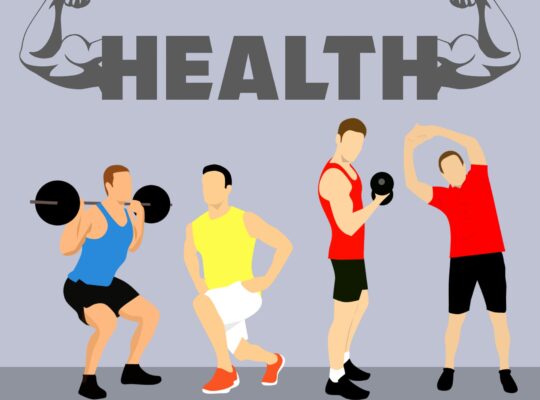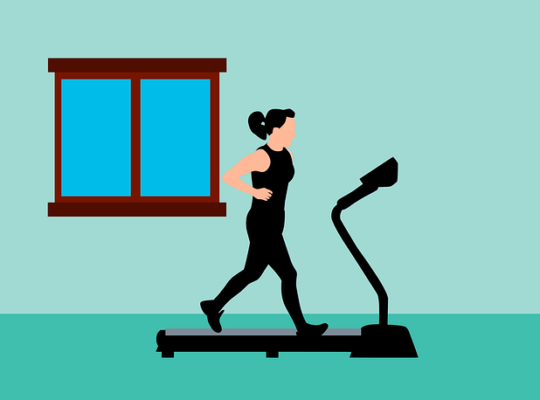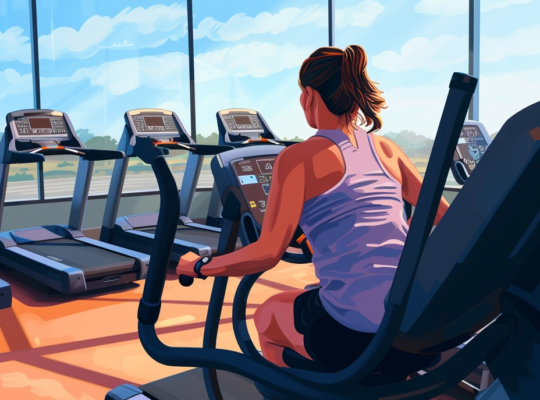
High blood pressure, also known as hypertension, is a common yet serious health condition that can lead to life-threatening complications if left untreated. Often referred to as the “silent killer,” hypertension typically presents with subtle or no symptoms, making it crucial to understand the warning signs. This blog explores the signs, risks, and management of high blood pressure to help you take control of your health.
Understanding High Blood Pressure
Blood pressure is the force exerted by blood against the walls of your arteries as your heart pumps it. It’s measured in two numbers:
- Systolic pressure: The pressure when your heart beats.
- Diastolic pressure: The pressure when your heart rests between beats.
Normal blood pressure: Below 120/80 mmHg
Hypertension: Consistently at or above 130/80 mmHg
High blood pressure often develops gradually and can damage your heart, kidneys, and other vital organs over time. Since it may not always produce noticeable symptoms, regular checkups are key.
Common Signs and Symptoms of High Blood Pressure
Although hypertension is often asymptomatic, there are certain warning signs to watch for:
General Signs
- Persistent headaches: Regular, dull headaches can be an early indicator.
- Dizziness: Feeling lightheaded or unsteady is a common symptom.
- Fatigue: Chronic tiredness, especially without a clear cause, may suggest elevated blood pressure.
Specific Symptoms
- Chest pain: A feeling of pressure or tightness in the chest can occur.
- Blurred or double vision: Changes in vision may indicate damage to blood vessels in the eyes.
- Shortness of breath: Difficulty breathing, especially during physical activity, is a red flag.
Severe Cases
When blood pressure reaches dangerously high levels, it can cause:
- Nosebleeds: Sudden and unexplained nosebleeds may occur.
- Irregular heartbeat: A racing or erratic heart rhythm can signal a hypertensive crisis.
- Pounding sensation: A throbbing in the chest, neck, or ears could indicate an emergency.
How High Blood Pressure Impacts the Body
Left unmanaged, high blood pressure can lead to severe health complications, including:
- Heart disease: Increased strain on the heart can result in heart failure or a heart attack.
- Stroke: High blood pressure can cause blood vessels in the brain to rupture or become blocked.
- Kidney damage: Over time, hypertension can impair kidney function.
- Vision loss: Elevated pressure can damage the blood vessels in the eyes, leading to blindness.
Risk Factors for High Blood Pressure
Several factors increase the likelihood of developing hypertension, including:
- Lifestyle-related:
- Consuming a high-sodium or processed food diet
- Lack of physical activity
- Smoking and excessive alcohol consumption
- Medical conditions:
- Diabetes and obesity are closely linked to hypertension.
- Family history plays a significant role.
- Psychological factors:
- Chronic stress and poor sleep patterns can elevate blood pressure.
When to Seek Medical Attention
It’s important to monitor your health and seek medical advice if you experience any symptoms of high blood pressure.
- Regular checkups: Aim for at least one blood pressure reading per year if you’re healthy, or more frequently if you’re at risk.
- Emergency symptoms: Seek immediate care if you have chest pain, difficulty breathing, or severe headaches accompanied by vision changes.
Prevention and Management Tips
Hypertension is preventable and manageable with the right lifestyle changes:
- Adopt a balanced diet:
- Focus on fruits, vegetables, whole grains, and lean proteins.
- Follow the DASH (Dietary Approaches to Stop Hypertension) diet.
- Exercise regularly:
- Engage in at least 30 minutes of moderate exercise most days of the week.
- Manage stress:
- Practice mindfulness, yoga, or meditation.
- Limit sodium and alcohol intake:
- Reduce processed foods and avoid heavy drinking.
- Take medications as prescribed:
- Follow your doctor’s advice for controlling blood pressure.
Conclusion
Recognizing the signs of high blood pressure is essential for protecting your health and preventing serious complications. While hypertension can be a silent condition, paying attention to subtle symptoms and making proactive lifestyle changes can make a significant difference.
Take control of your health today: Schedule regular checkups, monitor your blood pressure, and consult a healthcare provider if you notice any concerning symptoms.
FAQs
1. Can high blood pressure occur without symptoms?
Yes, hypertension often shows no symptoms, which is why it’s called the “silent killer.”
2. What is the normal blood pressure range?
For adults, normal blood pressure is typically below 120/80 mmHg.
3. Are there natural remedies for managing blood pressure?
Yes, lifestyle changes such as a healthy diet, regular exercise, and stress management can help control blood pressure naturally.







